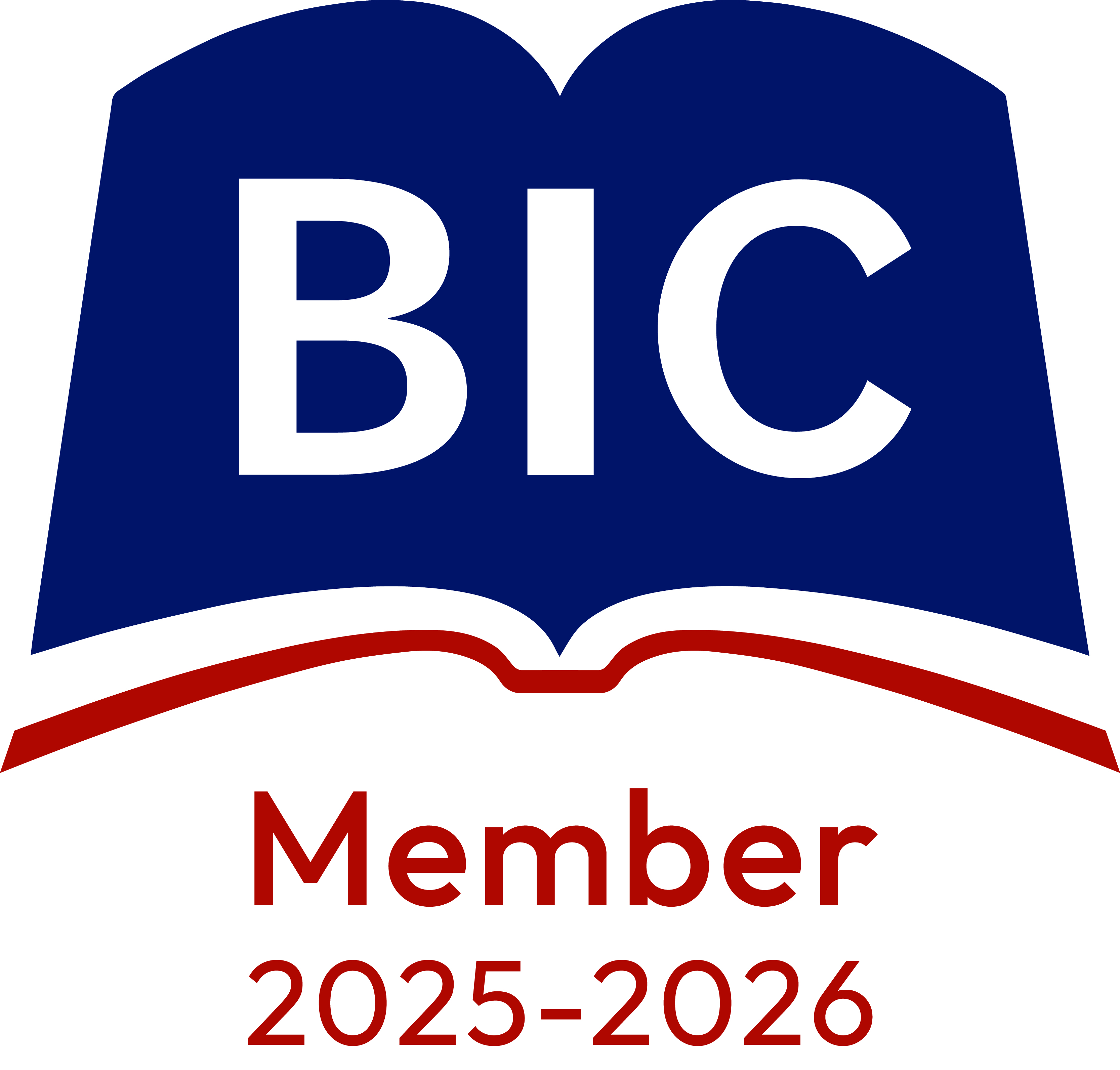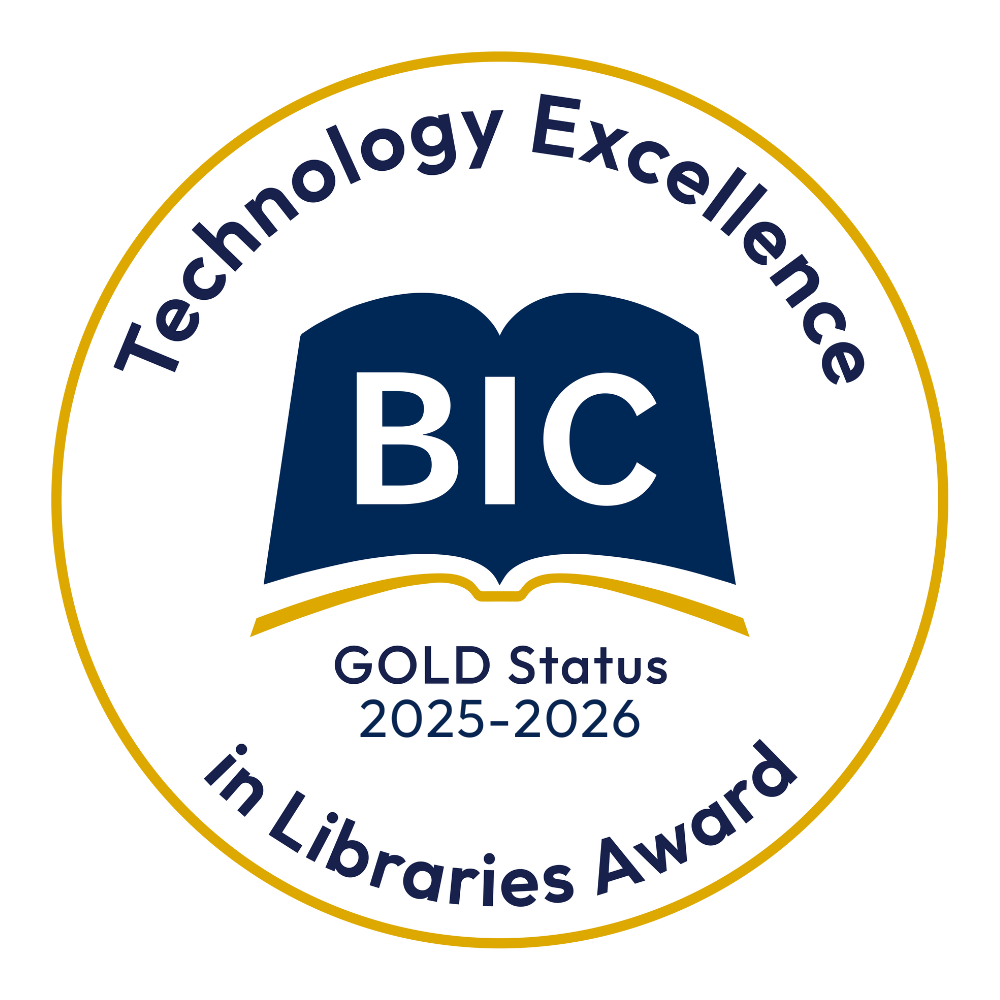For help, advice and telephone ordering call our team on 0121 666 6646
Are you sure you wish to delete this basket?()
This action cannot be undone.
Sorry, something went wrong
Please report the problem here.
Teacher advice: 5 actions you can take in response to the National Literacy Trust's reading report
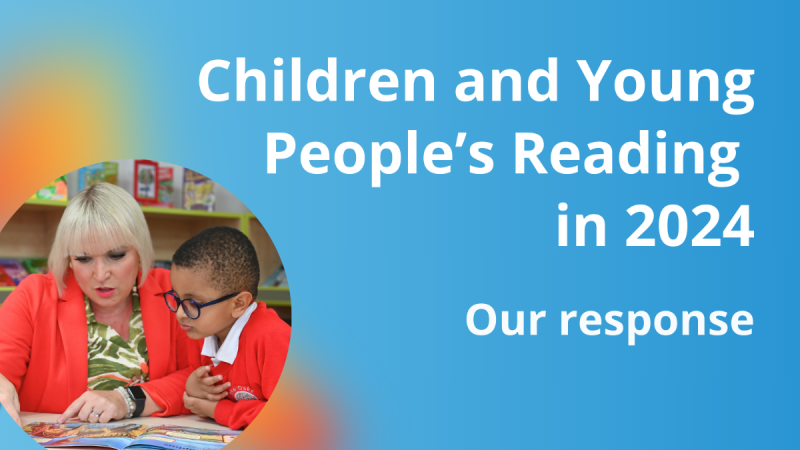
January 27th 2025
The latest report from the National Literacy Trust, Children and Young People's Reading in 2024, makes for a worrying read with statistics that show the decline in reading enjoyment and frequency.
In response to the report, what can those of us in schools do about this trend? Senior Children's Book Specialist Lucy reflects on the report's findings, and offers five actions teachers and school librarians can do to encourage students to read for pleasure.
 |
Lucy | Senior Children's Book Specialist Lucy has spent her life surrounded by books. An avid reader from a young age, she had Saturday jobs in the local library then completed a degree in English Literature before working for Nielsen providing bibliographic data to Amazon and Waterstones. Now she helps to select books for schools, including overseeing and advising on class sets. |
What were the findings of the Children and Young People's Reading in 2024 report?
Reading enjoyment at all-time low
The annual literacy survey, which gathered responses from over 76,000 children and young people aged 5 to 18, reveals a significant decline in reading enjoyment and frequency. Only 34.6% of children and young people reported enjoying reading in their free time, the lowest level since the survey began in 2005, with their being hardly any gap at all between children who received free school meals, and those who didn’t.
Record low for reading frequently in free time
Only 20.5% of 8- to 18-year-olds read daily in their free time, marking another record low.
One statistic stood out, which was that those who did enjoy reading in their free time, preferred to do so at school than at home. The gender gap closed for reading in schools, and more children receiving free school meals said they preferred reading in school.
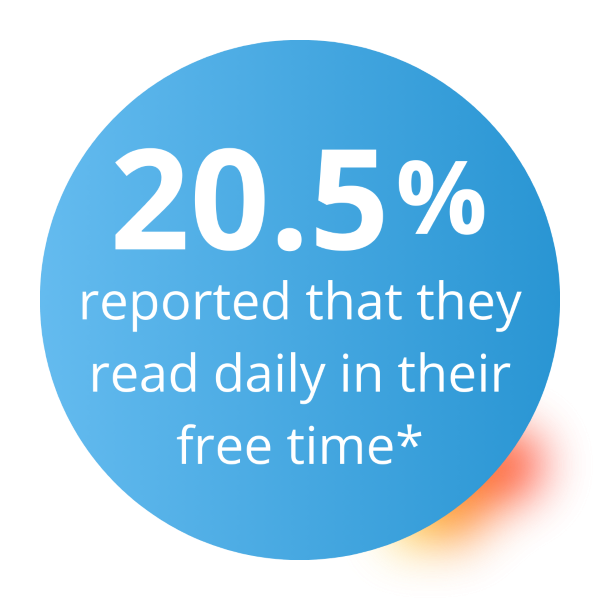 Clear link between reading enjoyment, reading frequency and reading skills
Clear link between reading enjoyment, reading frequency and reading skills
The survey also highlights a clear link between reading enjoyment and reading skills. Children who enjoyed reading had higher average reading scores compared to those who did not, and those who read more frequently had higher than average reading scores.
The challenge is to get more children into this reading loop to both expand their reading skills and their love for reading. Schools do seem well placed according to this survey, to encourage children in their reading journeys.
Reading for pleasure should be government priority
The National Literacy Trust report concludes that the government needs to actively engage with this worrying downward trend in reading enjoyment and considers the formation of a reading taskforce to be vital. The new government should treat reading for pleasure as a priority.
*Statistics from the Children and Young People's Reading in 2024 report, National Literacy Trust. You can read the report here.
What can I do to help encourage reading for pleasure in my school?Teachers can and do play a crucial role in reversing these trends. Here are some strategies to consider:
Create a reading-friendly environment. Ensure your classroom and library (if you have one) has a diverse range of books that cater to different interests and reading levels.
Demonstrate that you love reading too. Bring the book you’re reading at home into school and show the children that you read for pleasure in your free time.
|
What reading for pleasure books do you recommend?
Here are some recently published titles perfect for encouraging reading enjoyment in children and young people.
Reading for pleasure books for primary
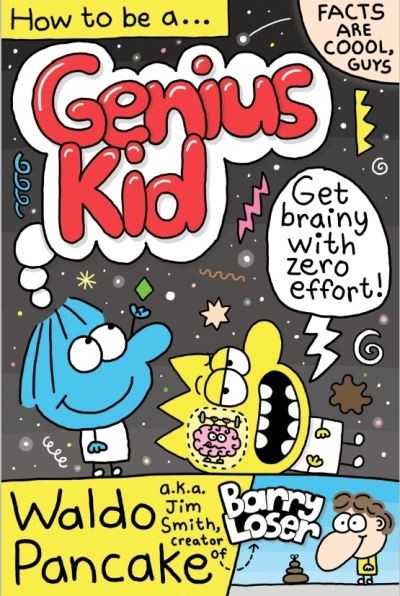 |
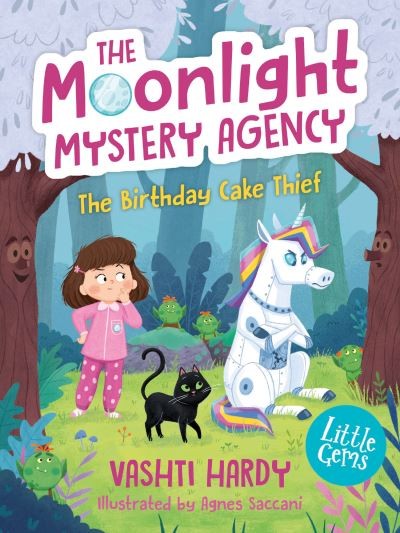 |
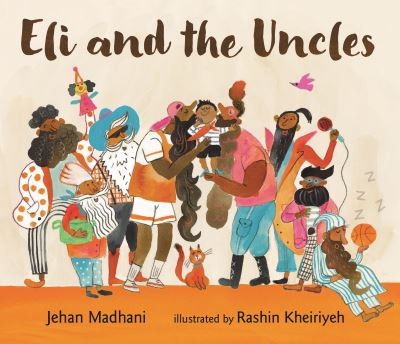 |
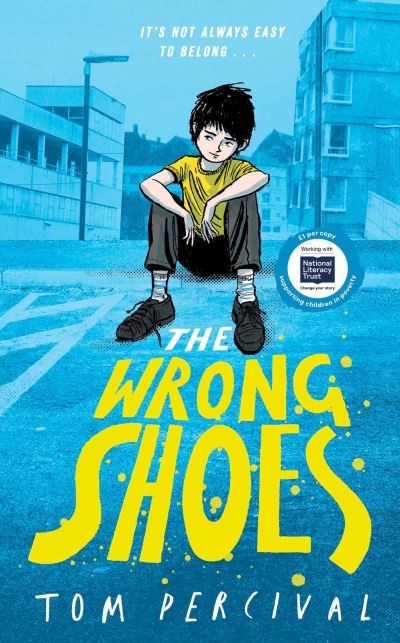 |
Reading for pleasure books for secondary
 |
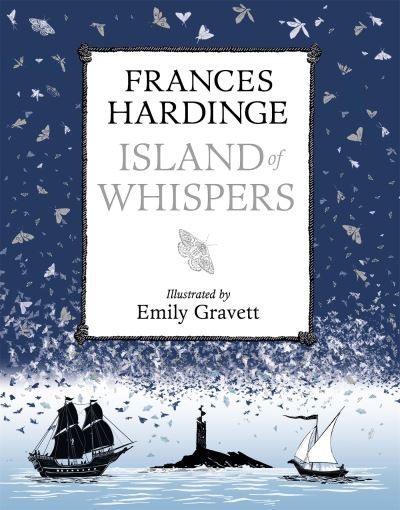 |
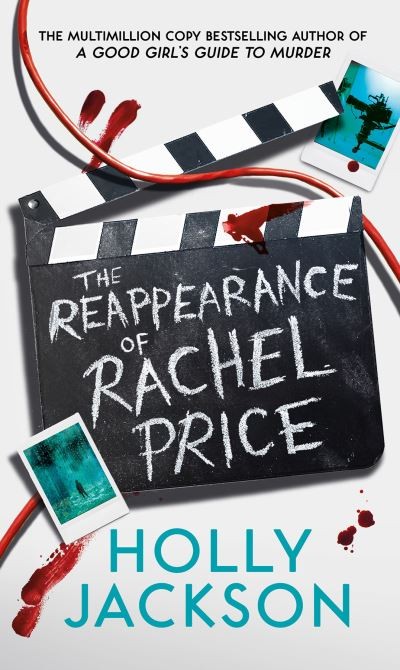 |
 |
|
Seeking further support? We can help. From library audits to termly book subscriptions, our team of qualified librarians, teachers and book specialists can help you prioritise reading for pleasure in your school. Get in touch with us by completing our online form or emailing hello@peters.co.uk. |
Read more teacher advice from our qualified team
|
How to reach struggling readers in KS2 and KS3 |
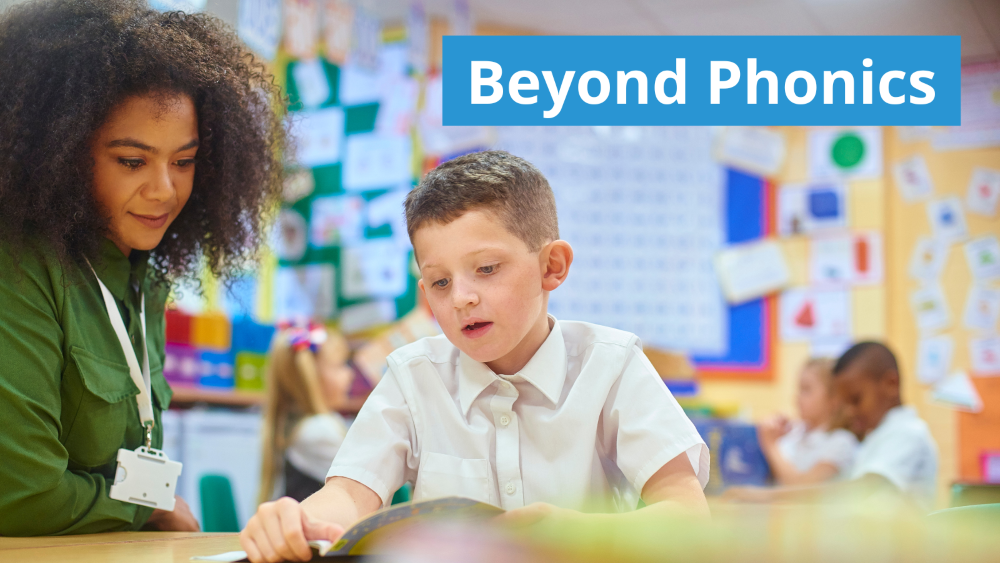 |

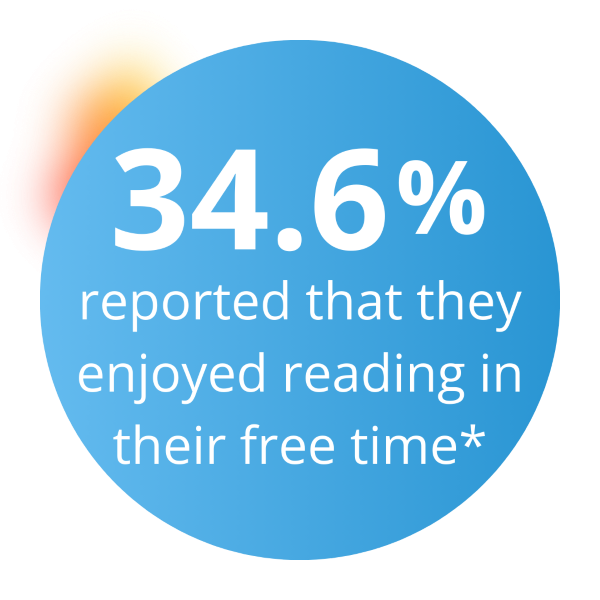

 Timetable reading for pleasure into the day. Allow children to read whatever they like, and don’t prevent them from reading the same book over again. Let them read comics, blogs, fact books - anything they want and choose to read.
Timetable reading for pleasure into the day. Allow children to read whatever they like, and don’t prevent them from reading the same book over again. Let them read comics, blogs, fact books - anything they want and choose to read. Encourage Book Talk. Foster a culture of sharing and discussing books to make reading a social activity. We create monthly
Encourage Book Talk. Foster a culture of sharing and discussing books to make reading a social activity. We create monthly  Engage with parents and carers. Encourage parents and carers to read with their children at home and provide them with resources to support reading. Invite them in to reading for pleasure sessions. Parents and carers can bring their own books, or you could even consider having a small library of adult books in school for them to choose from.
Engage with parents and carers. Encourage parents and carers to read with their children at home and provide them with resources to support reading. Invite them in to reading for pleasure sessions. Parents and carers can bring their own books, or you could even consider having a small library of adult books in school for them to choose from.

